Lebanon’s parliament is meeting to elect a president of the republic, more than two years after the last president’s term ended.
Lebanese political parties and leading figures have been in talks with foreign officials as discussions intensified over who will take the top job.
Here’s everything you need to know about Lebanon’s presidential vote on Thursday:
Two years? Why so long between presidents?
Parliament hasn’t managed to find a consensus candidate.
Despite the many crises Lebanon has suffered recently, political parties prioritise their interests over the public good, which would be served by a stable government.
Israel’s war on Lebanon at the end of 2023 derailed all thought of choosing a president, as Israel killed and displaced thousands of people and the caretaker government scrambled to cope.
During the ceasefire negotiations, the issue of selecting a president became an important topic of discussion.

Does parliament elect the president?
Yes.
In Lebanon, parliament elects the president with candidates campaigning among political blocs and members of parliament (MPs) – not the Lebanese electorate.
Lebanon has 128 MPs, and a candidate needs a majority with at least 86 votes.
Since the civil war ended in 1990, Lebanese presidents have been consensus candidates who are not part of political movements.
An exception is Michel Aoun, who led the Free Patriotic Movement before becoming president.
Who will win?
The Lebanese president has to be a Maronite Christian, according to Lebanon’s political representation system.
The current leading candidate is the head of the Lebanese army, General Joseph Aoun, who seems likely to pass the 86-vote threshold.
His name has been in the conversation for more than a year and he also has support from the international community.
Aoun wouldn’t be the first army chief to become president.
Emile Lahoud (president from 1998 to 2007), Michel Sleiman (2008 to 2014), and Michel Aoun (2016 to 2022) were also chiefs before becoming president, with Lahoud and Sleiman becoming president directly after leading the Lebanese Armed Forces.
Aoun is no relation to former President Michel Aoun, it’s just a common name in Lebanon.

Is Aoun popular?
Aoun is relatively uncontroversial and has lots of support.
This includes from Walid Jumblatt’s Progressive Socialist Party, the National Moderation bloc – which comprises ex-members of former PM Saad Hariri’s Future Movement – Sleiman Frangieh’s Marada Movement, the Kataeb (Phalangist) Party and some reform MPs who were elected in 2022, riding the wave of the 2019 revolution.
The right-wing Christian Lebanese Forces party hasn’t committed but said it may support Aoun, while he is also thought to be the United States’s favoured candidate.
Is there a notable challenger?
There was one, Sleiman Frangieh.
He was supported by Iran-backed Hezbollah and Amal, the Shia political party of parliament Speaker Nabih Berri.
Frangieh leads Marada, a small Christian party with a powerbase in the northern Zgharta region.
Frangieh’s chances took a hit after Hezbollah was weakened by Israel’s war on Lebanon and Syria’s Assad regime – a close ally of the Frangiehs – fell.
One day before the vote, Frangieh withdrew his candidacy and backed Joseph Aoun.

Are these the only candidates?
No. There are a few other names in the ring.
Jihad Azour, a former finance minister and IMF employee, was popular with Christian blocs – the Lebanese Forces and the Free Patriotic Movement – in 2023.
But his support seems to have waned, as the Lebanese Forces are now considering Aoun.
There’s also Elias Baysari, the interim head of Lebanon’s General Security directorate.
He was seen as a potential consensus candidate but doesn’t have any overt support and an MP said Baysari may formally withdraw his own name from the running at some point.
Other contenders are businessman and MP Neemat Frem, who has said he might back Aoun himself, and the Free Patriotic Movement’s Gebran Bassil, who has little support outside his party.
Former Interior Minister Ziad Baroud is also occasionally mentioned as a possible consensus candidate.
Baroud was popular and widely respected in civil society during his time as minister but doesn’t have much support from the traditional players.

Once Lebanon has a president, what happens next?
Of course, electing a president won’t solve Lebanon’s myriad crises.
But once there is a president, they can select a prime minister who will then form a government that can take over from the caretaker administration.
International lenders like the World Bank – which can give Lebanon a cash infusion – say Lebanon needs wider systemic reforms that deal with corruption and lack of transparency.
A new government may be able to work towards that.
Why are foreign powers involved in choosing Lebanon’s president?
Many Lebanese parties seek foreign financing or support to assert domestic influence.
Foreign actors such as the United States, France, Iran and the Arab Gulf states may also incentivise the election of an agreeable leader by promising foreign aid.
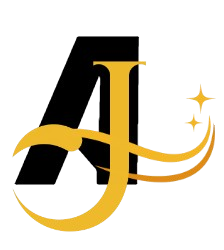
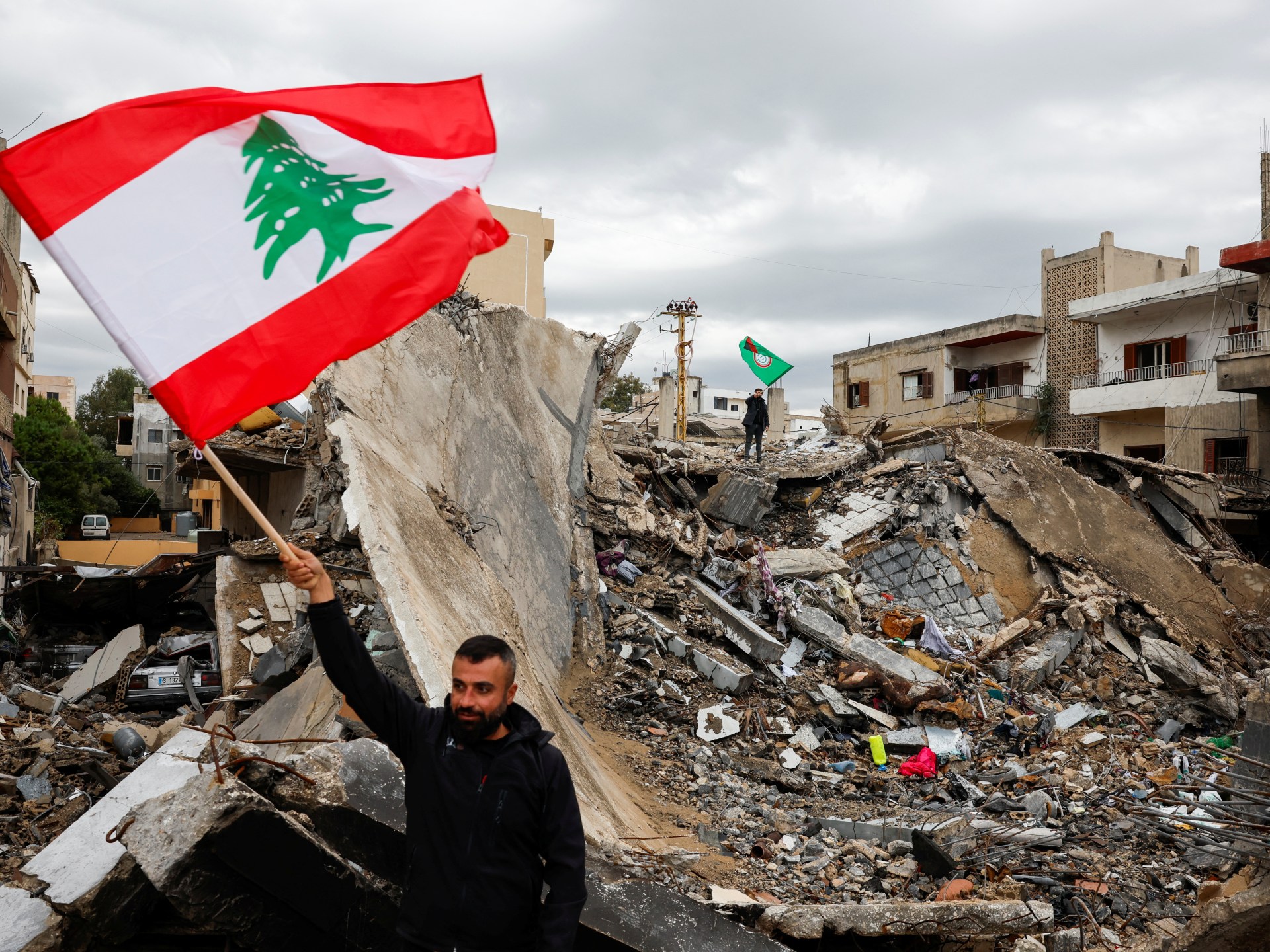
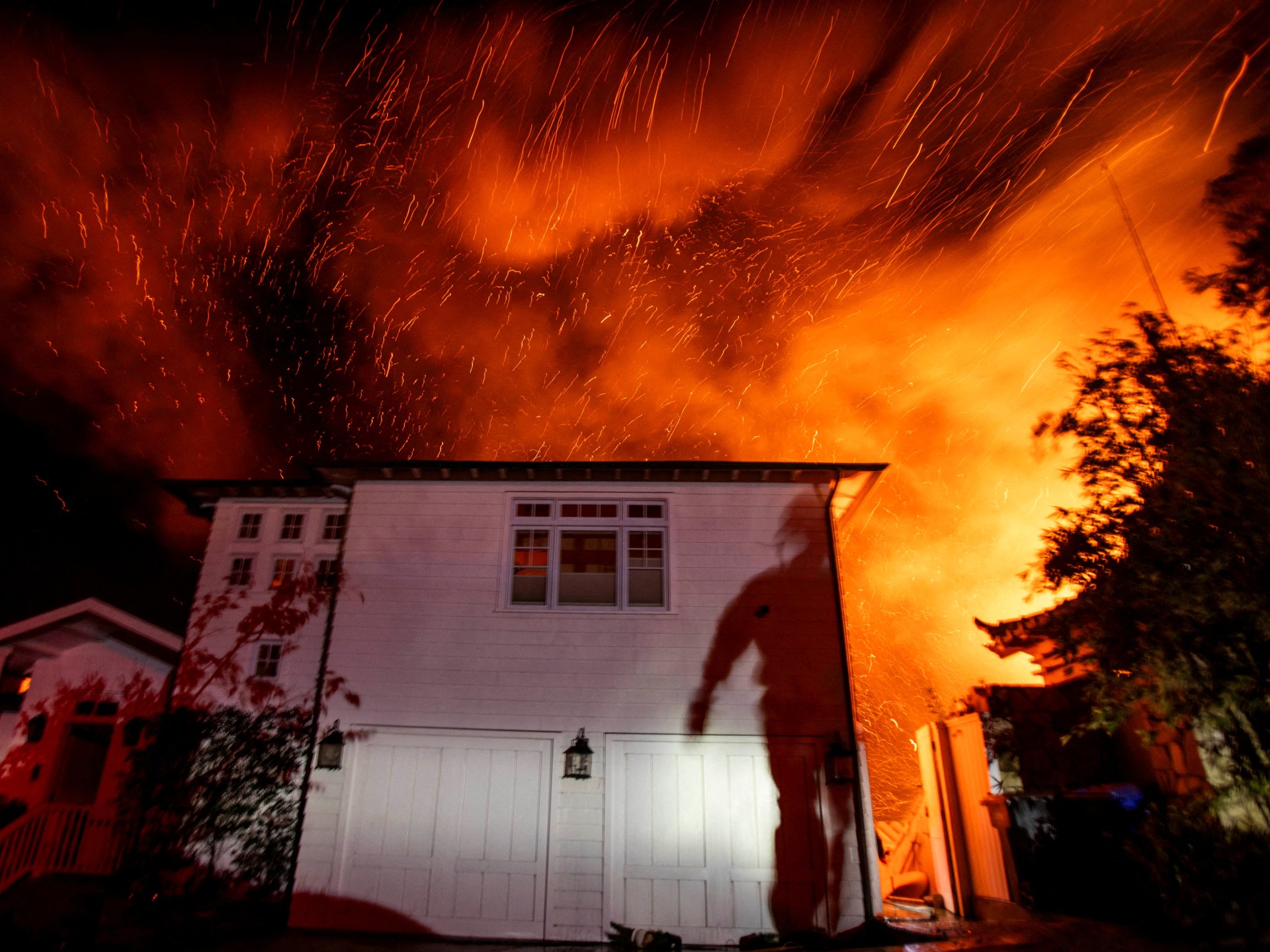
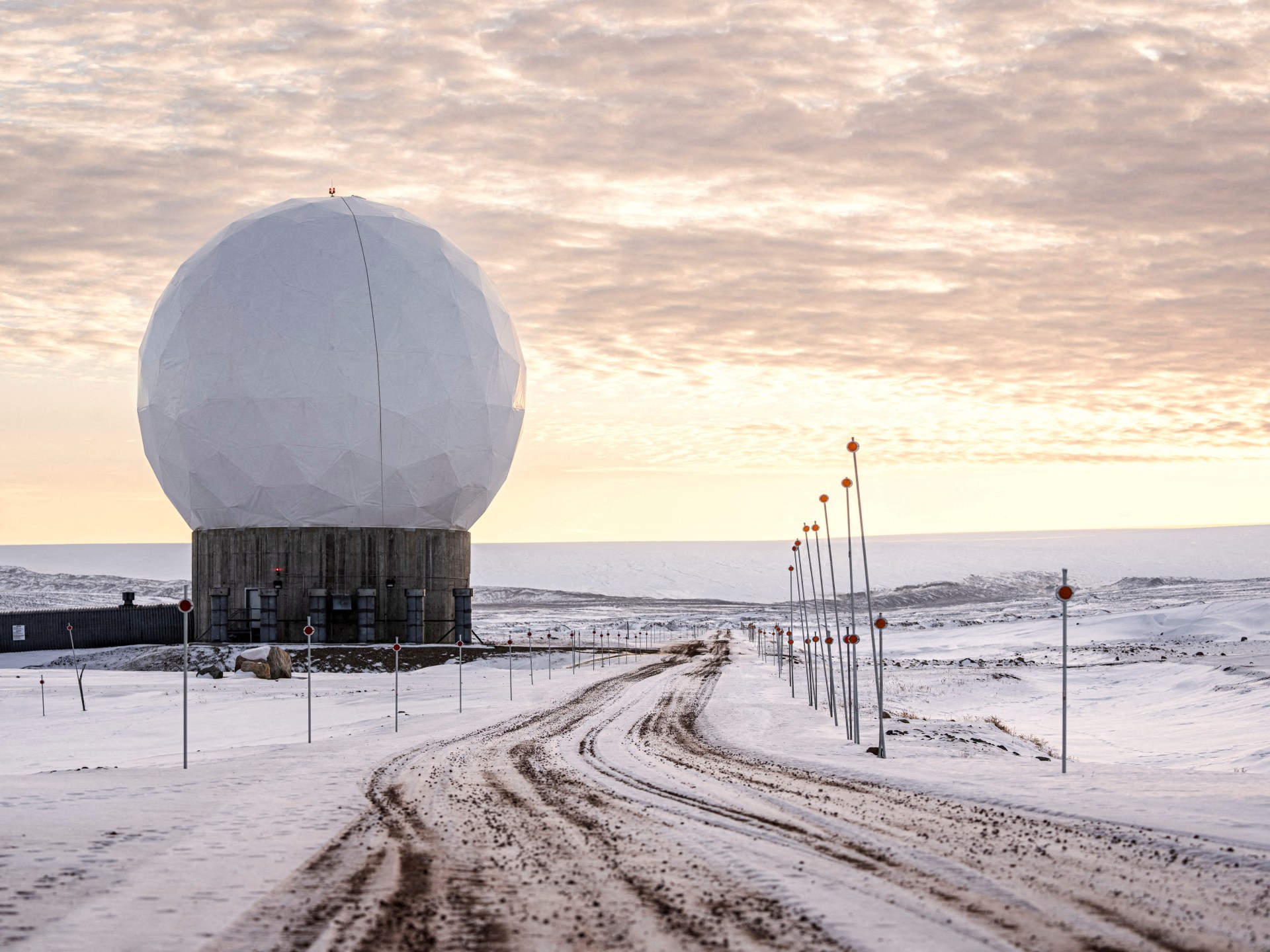
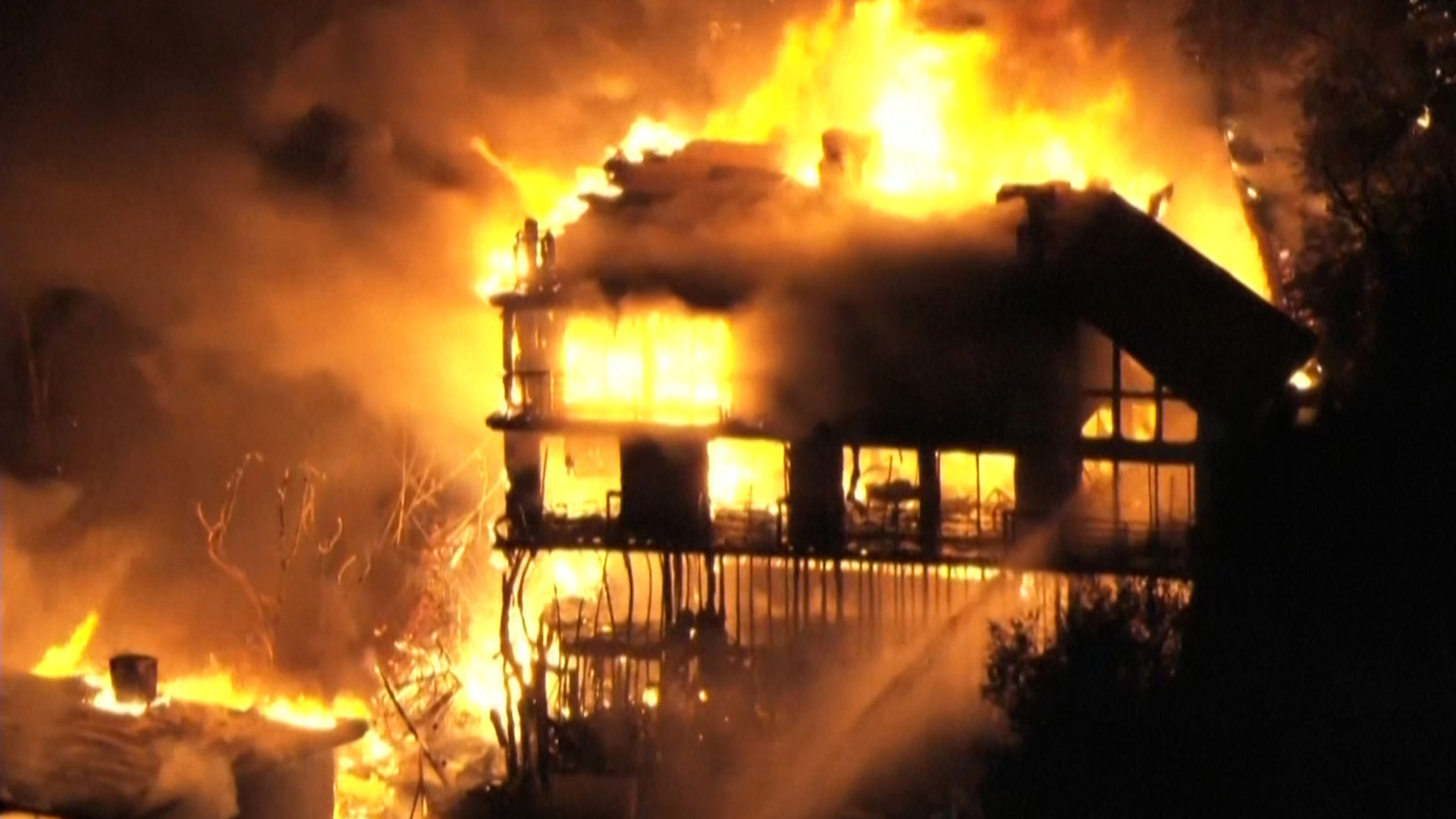
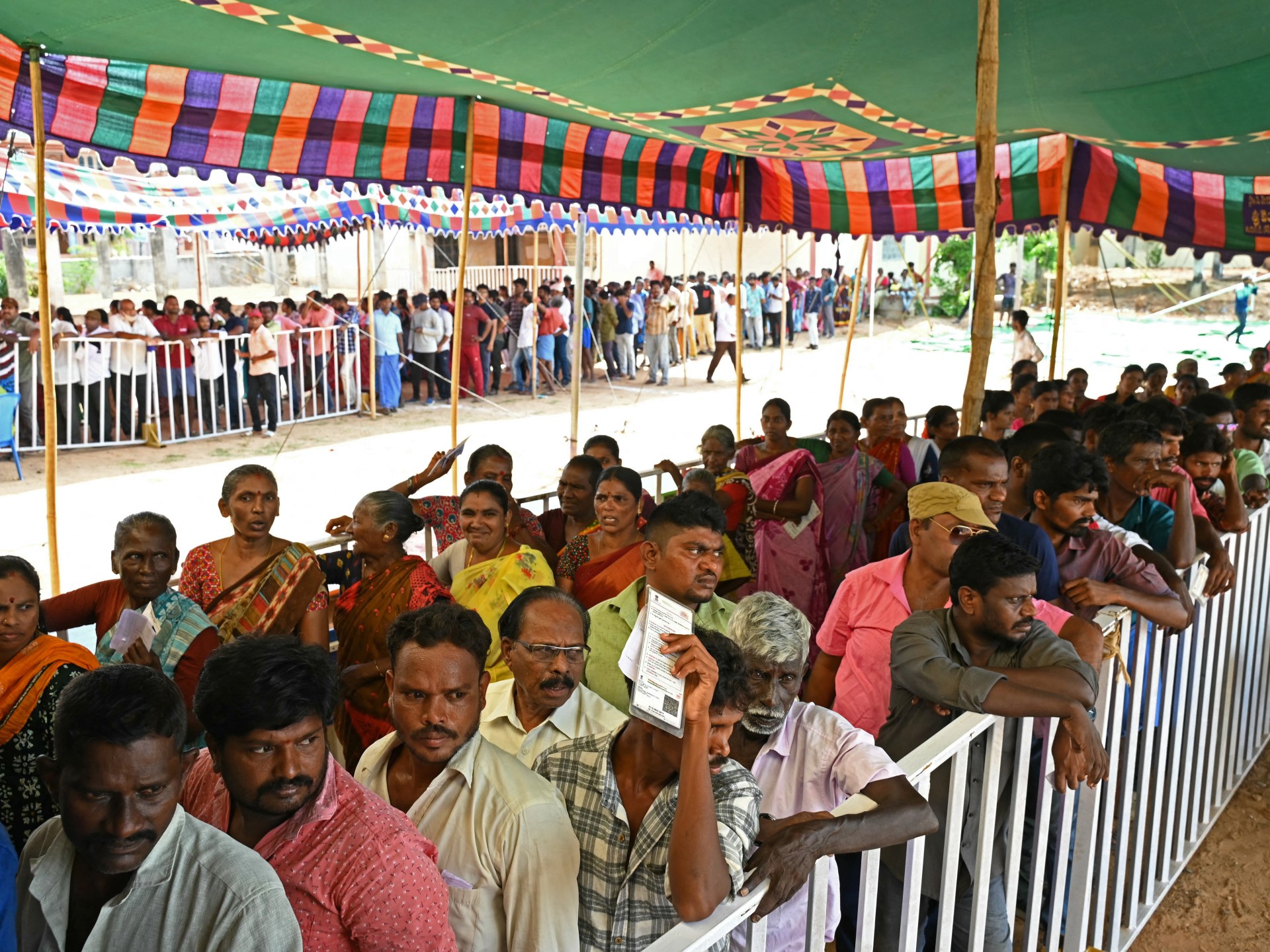
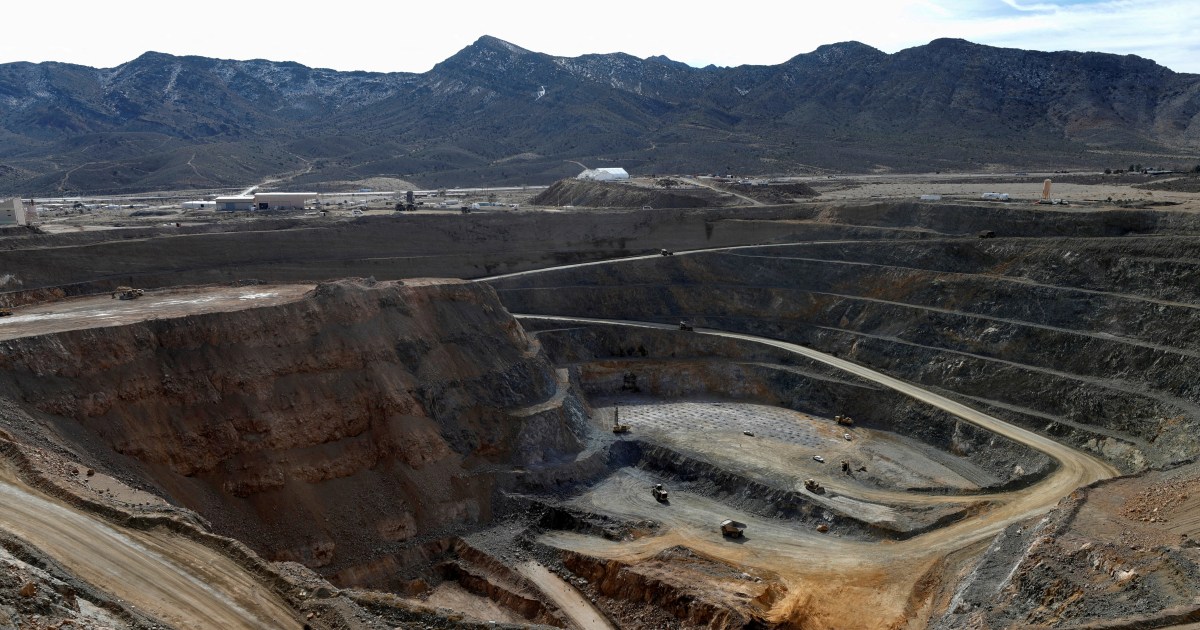
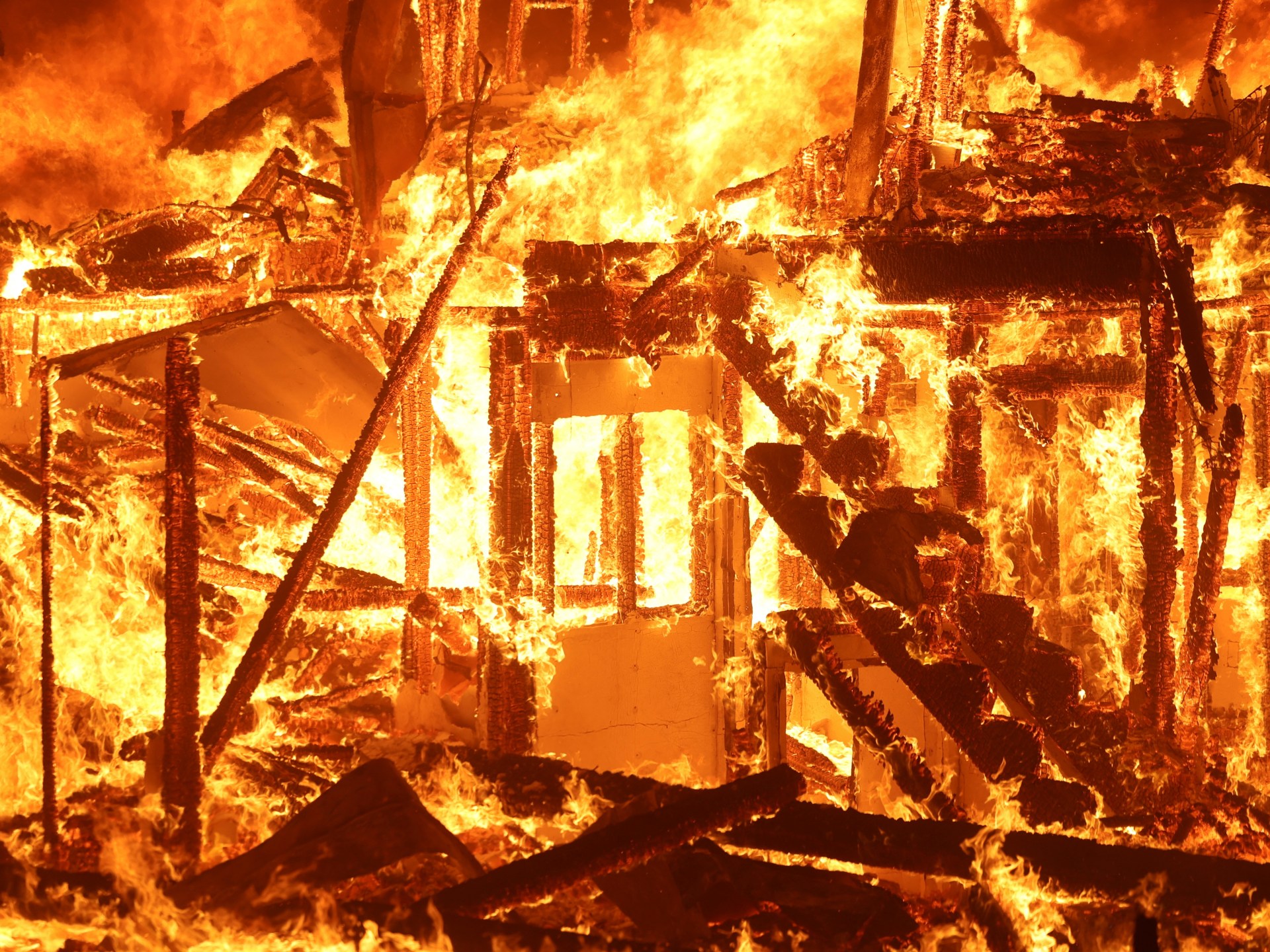
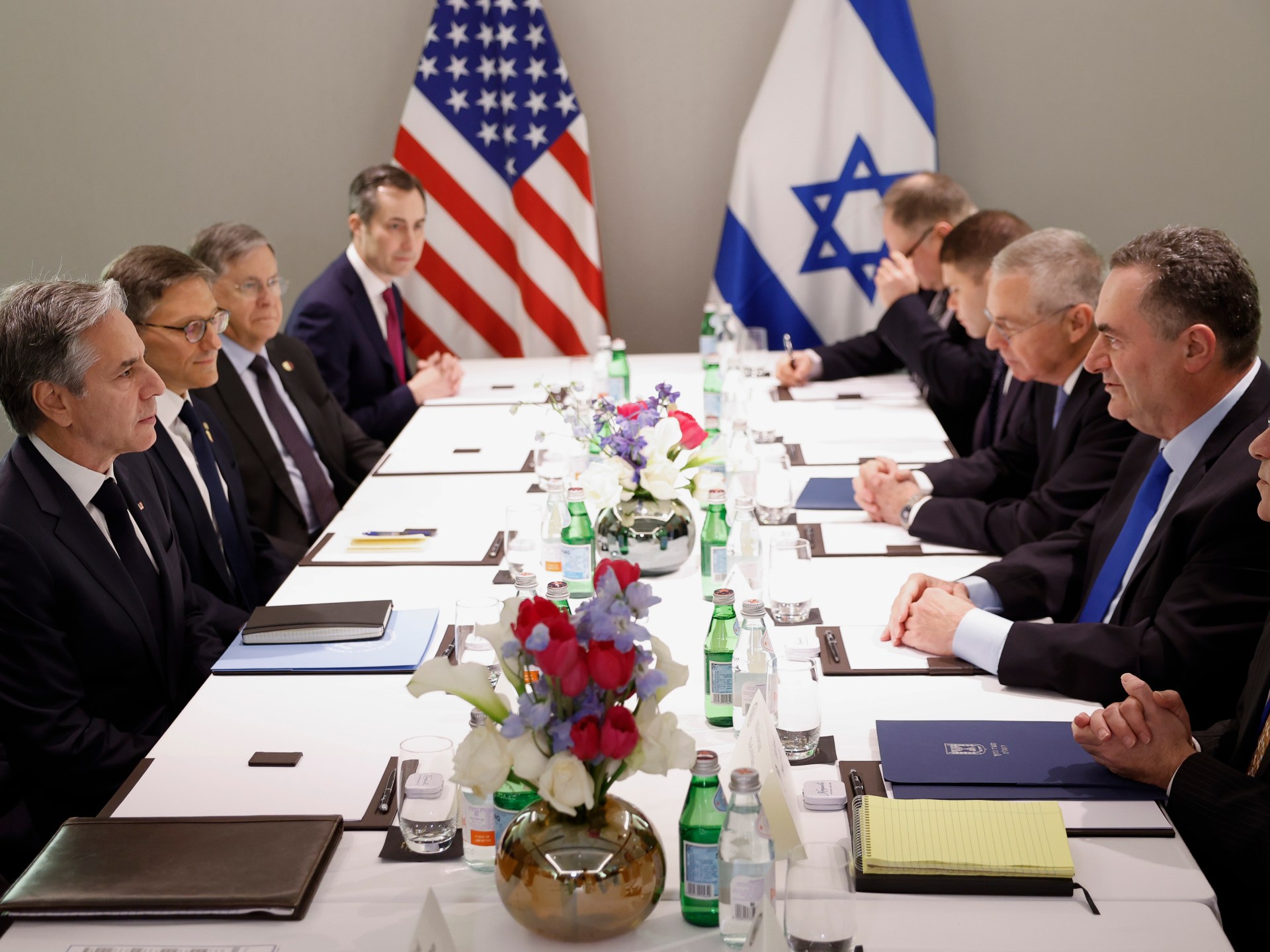

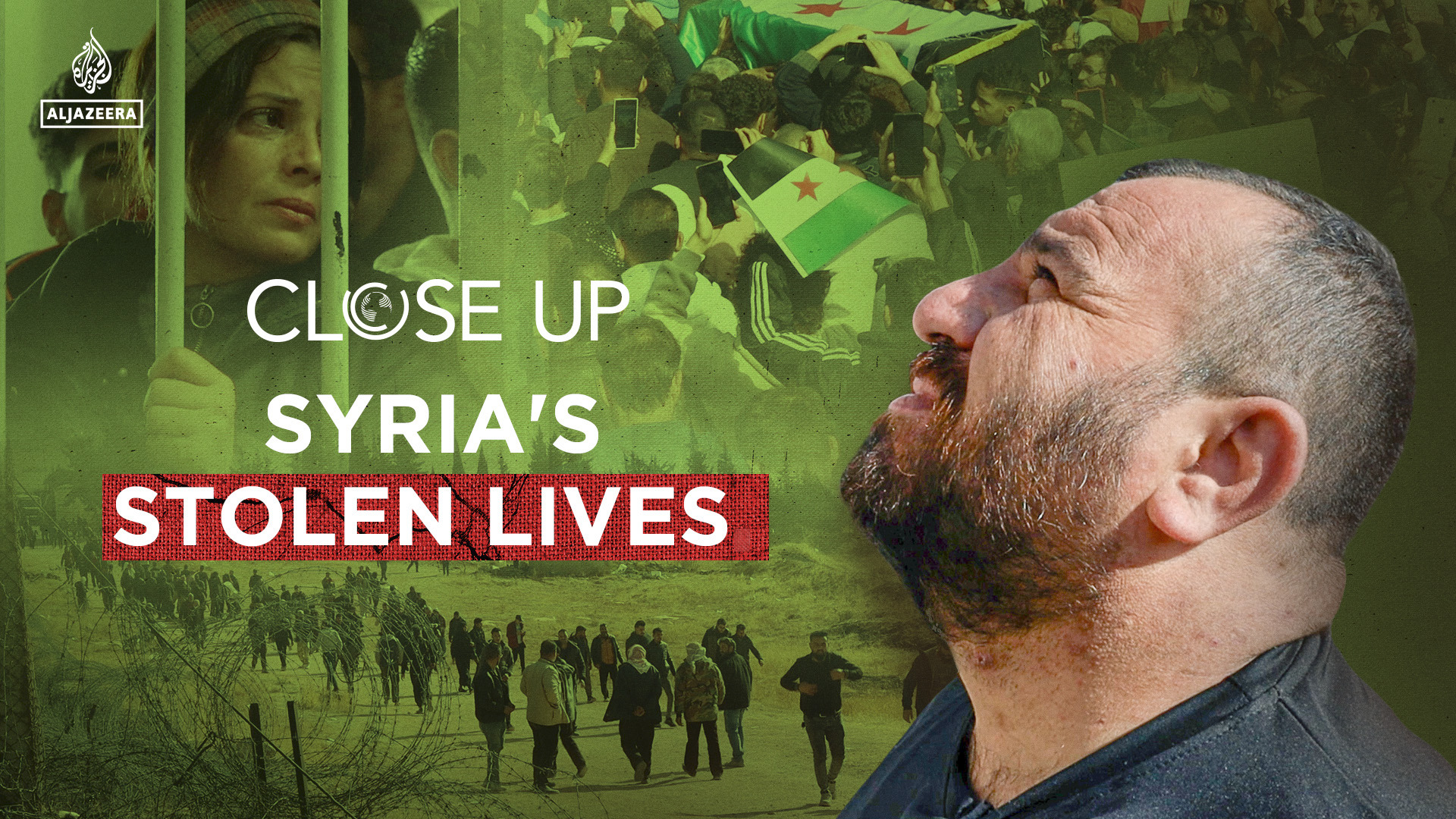
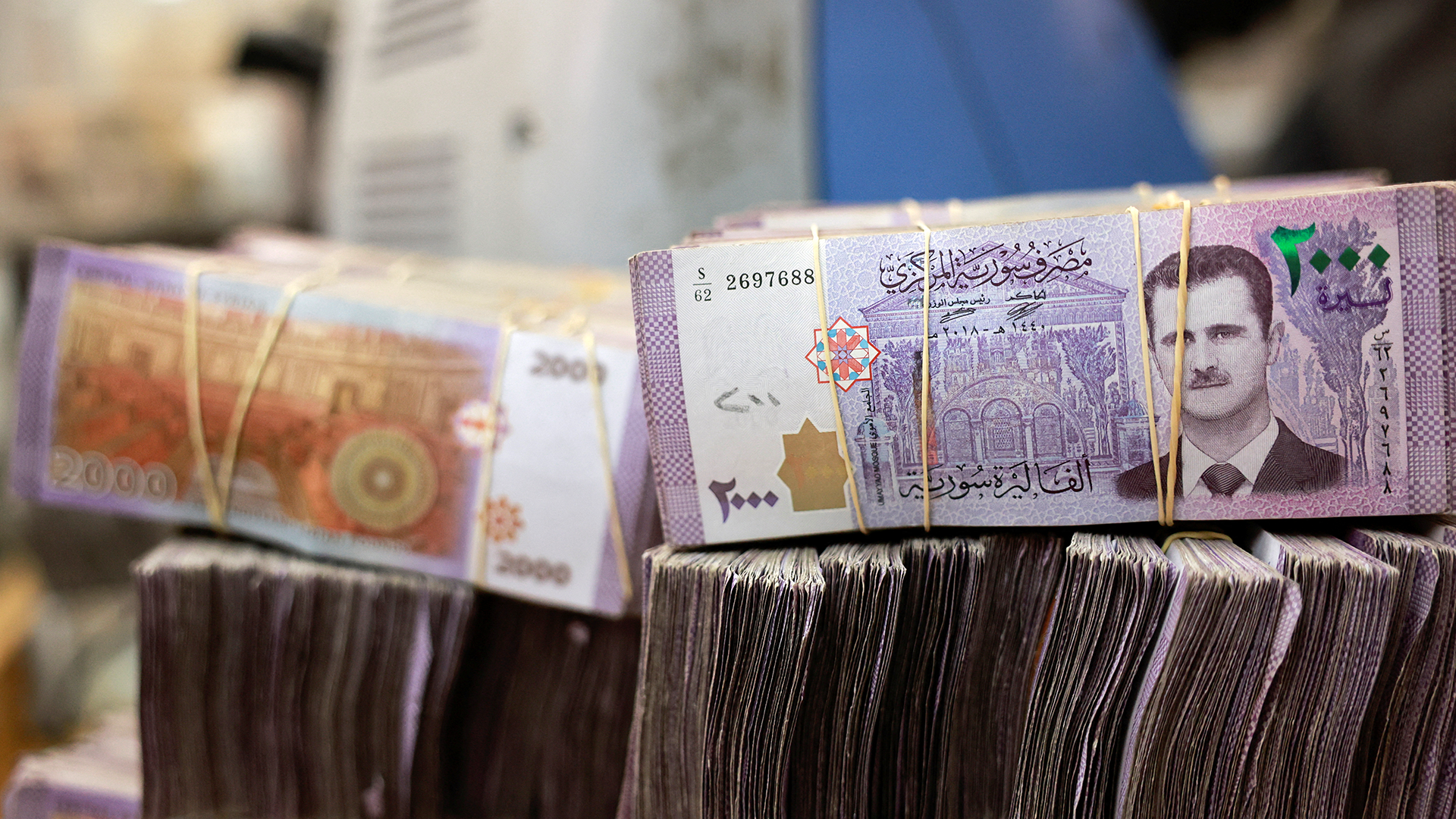
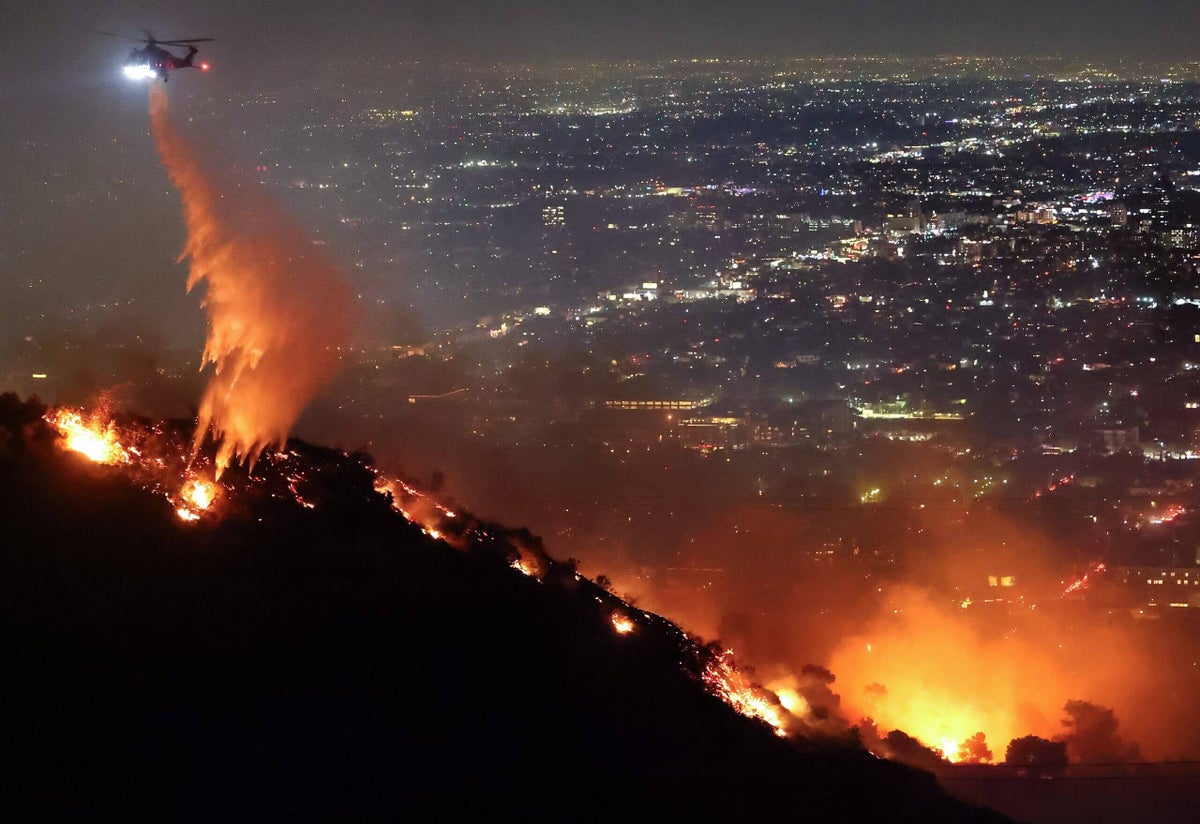
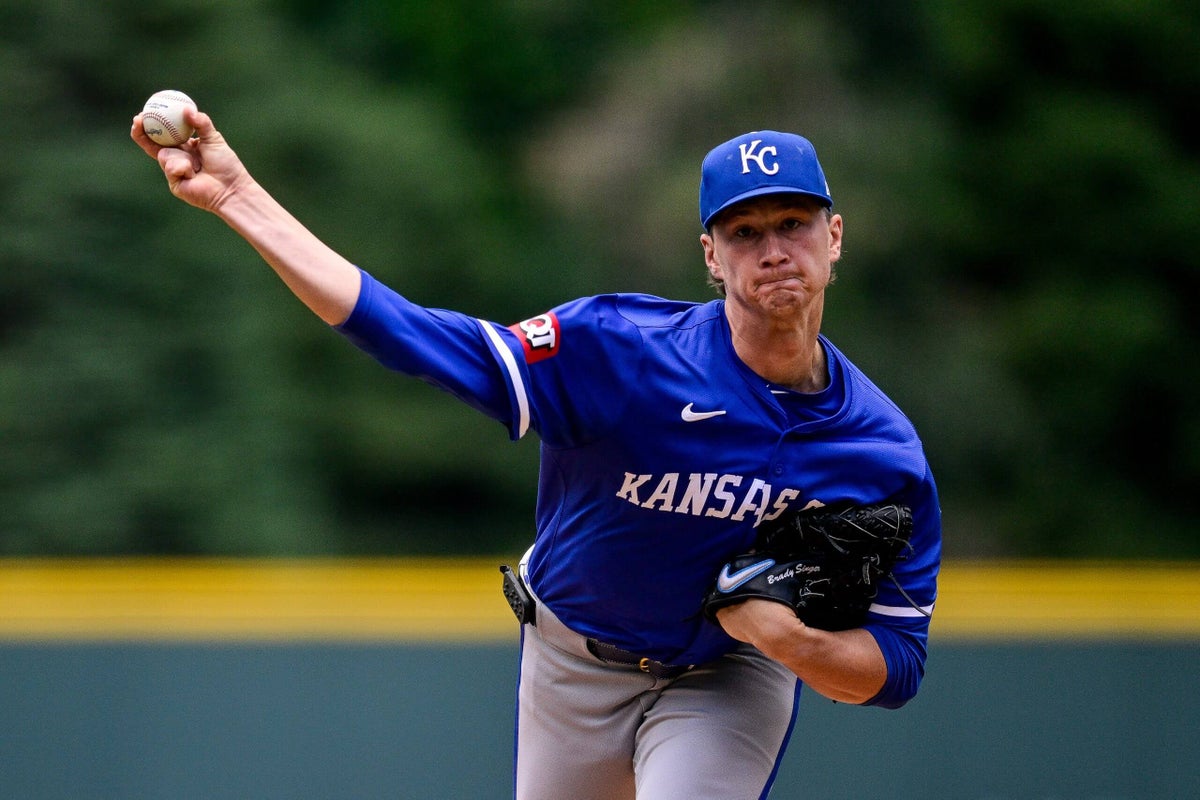
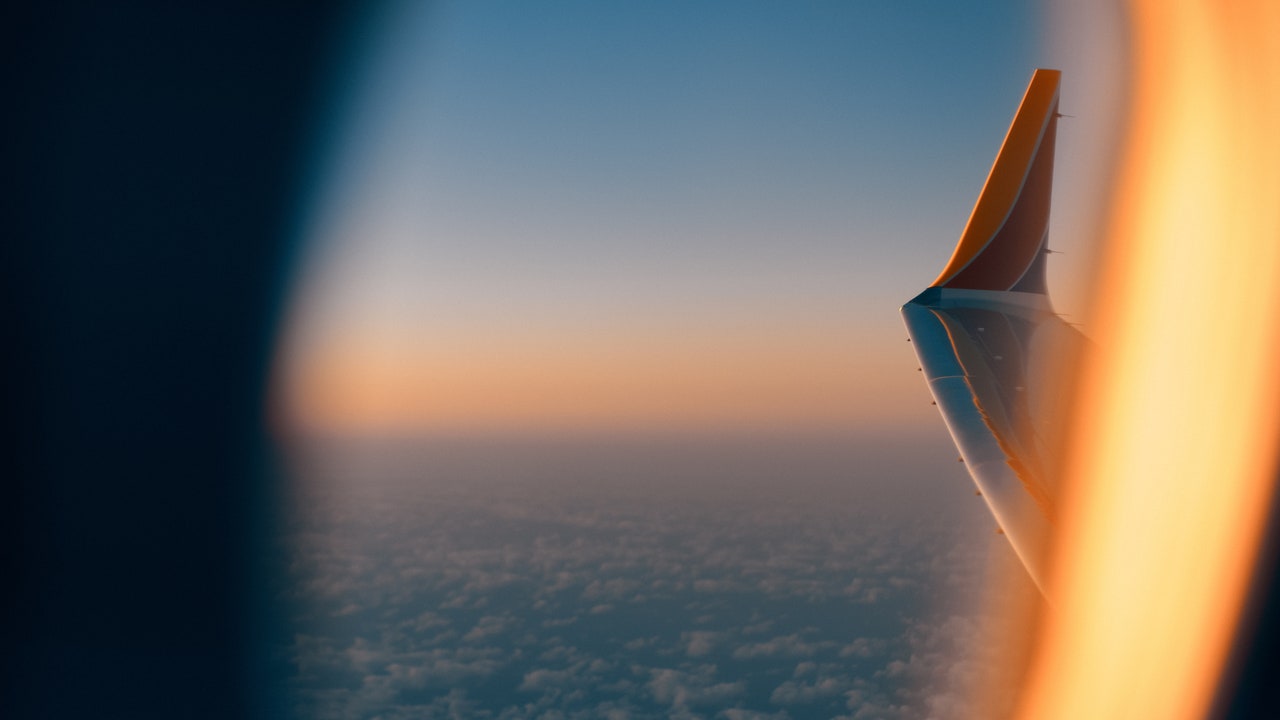
Leave a Reply